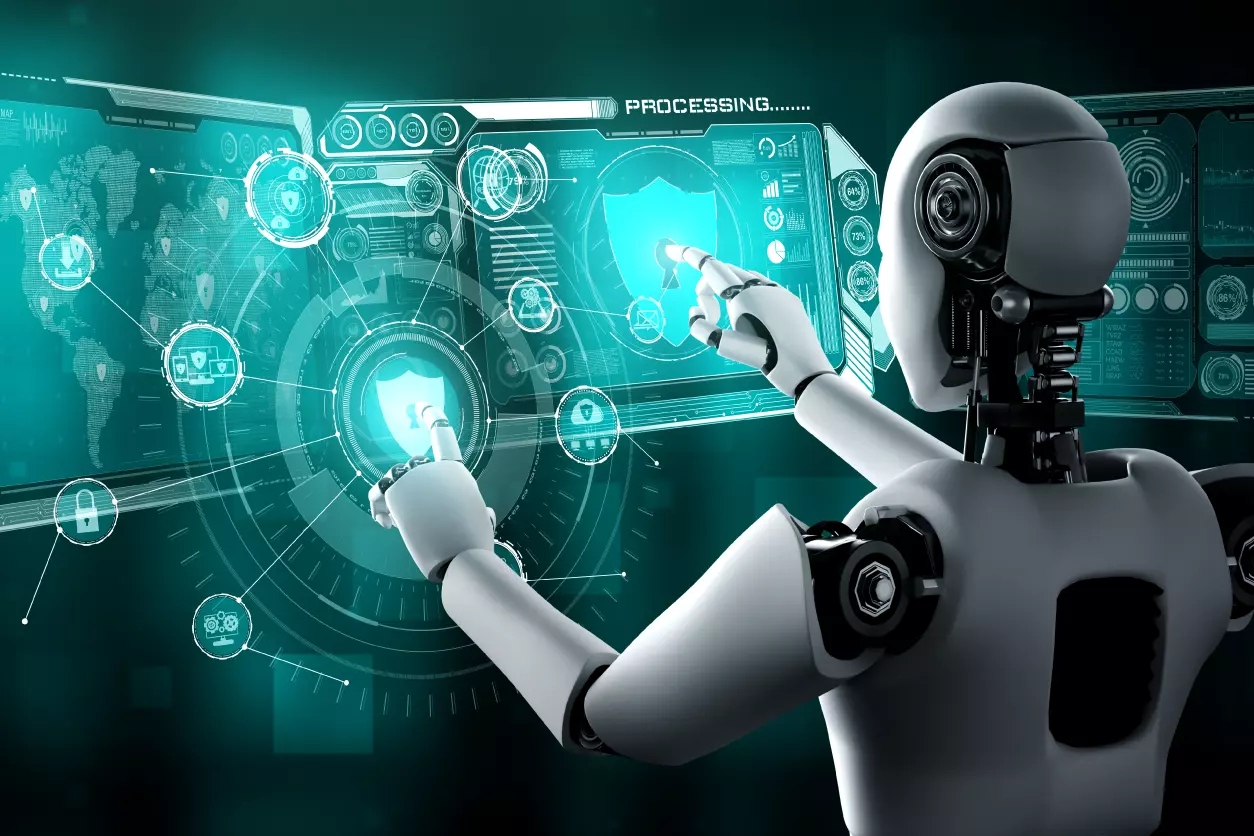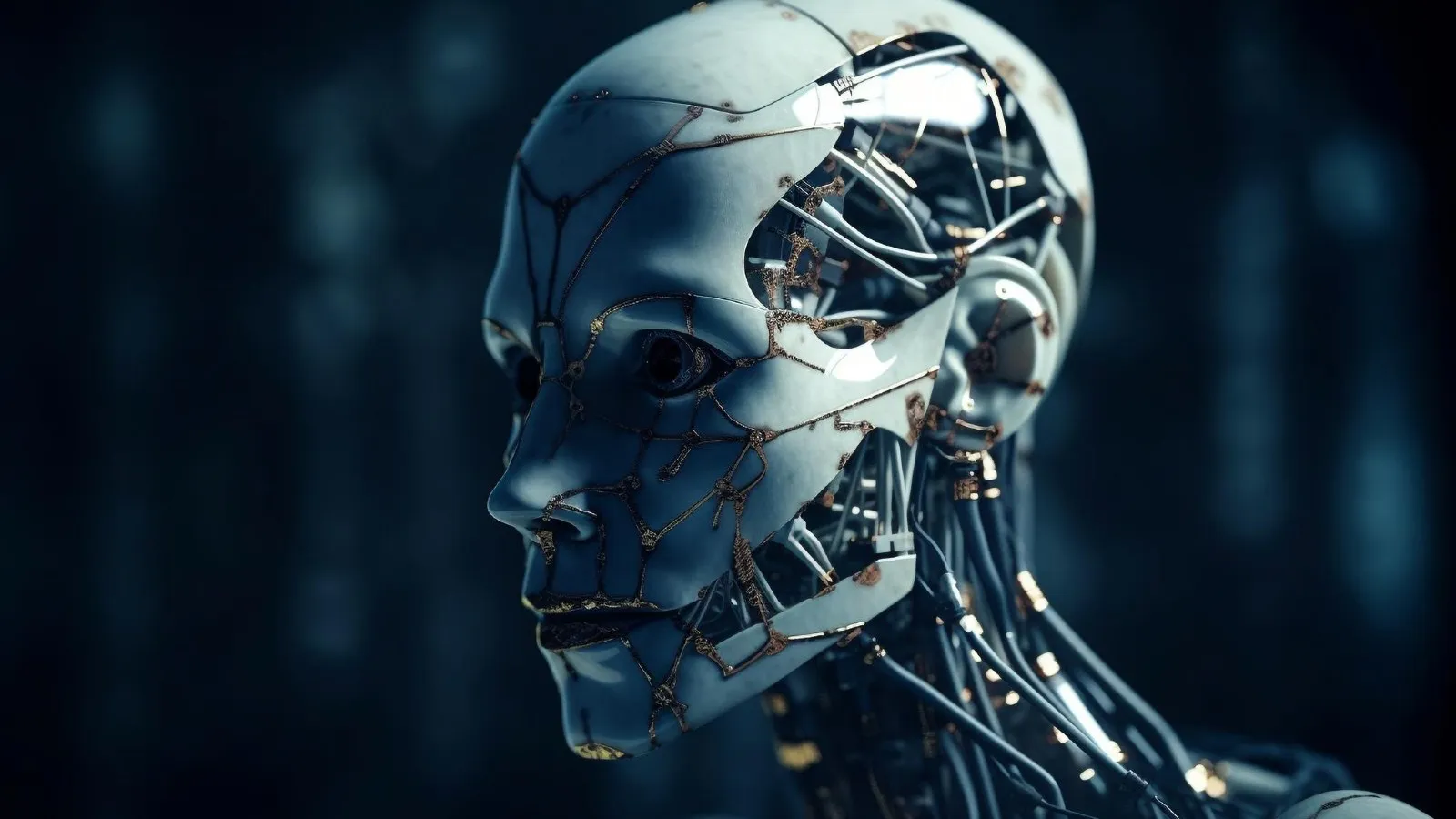 Introduction: The Rise of Automation
Introduction: The Rise of Automation
Automation has become a pivotal force in reshaping modern industries, driven largely by rapid advancements in artificial intelligence (AI) and robotics. Will Robots Take My Job in 2024? An In-Depth Analysis. The integration of these technologies has revolutionized various sectors, from manufacturing and healthcare to finance and retail. As we approach 2024, the question on many minds is, “Will robots take my job?” This query underscores a broader societal concern about job security and the future of work in an increasingly automated world. Will Robots Take My Job in 2024? An In-Depth Analysis.
Technological progress has always influenced labor markets, but the current wave of automation is distinct in its scope and speed. Machines are no longer confined to repetitive, manual tasks; they are now capable of performing complex analytical and cognitive functions. This shift has led to significant efficiency gains and cost reductions for businesses, but it also raises critical questions regarding the displacement of human workers and the redefinition of job roles.
The rise of automation is not a new phenomenon, but its acceleration is noteworthy. Innovations in machine learning, data analytics, and robotic process automation (RPA) have enabled machines to learn, adapt, and execute tasks with unprecedented precision. Will Robots Take My Job in 2024? An In-Depth Analysis. These capabilities are being harnessed across various industries, leading to enhanced productivity and new business models. However, these advancements also prompt concerns about the potential for widespread job losses and the need for workforce reskilling.
As we delve deeper into the topic, it is essential to explore the multifaceted impact of automation on employment. While some jobs may become obsolete, new opportunities may emerge, requiring different skill sets and expertise. The critical challenge lies in navigating this transition, ensuring that the workforce is adequately prepared for the changes ahead. This blog post aims to provide a comprehensive analysis of these issues, shedding light on the implications of automation for job security in 2024 and beyond.
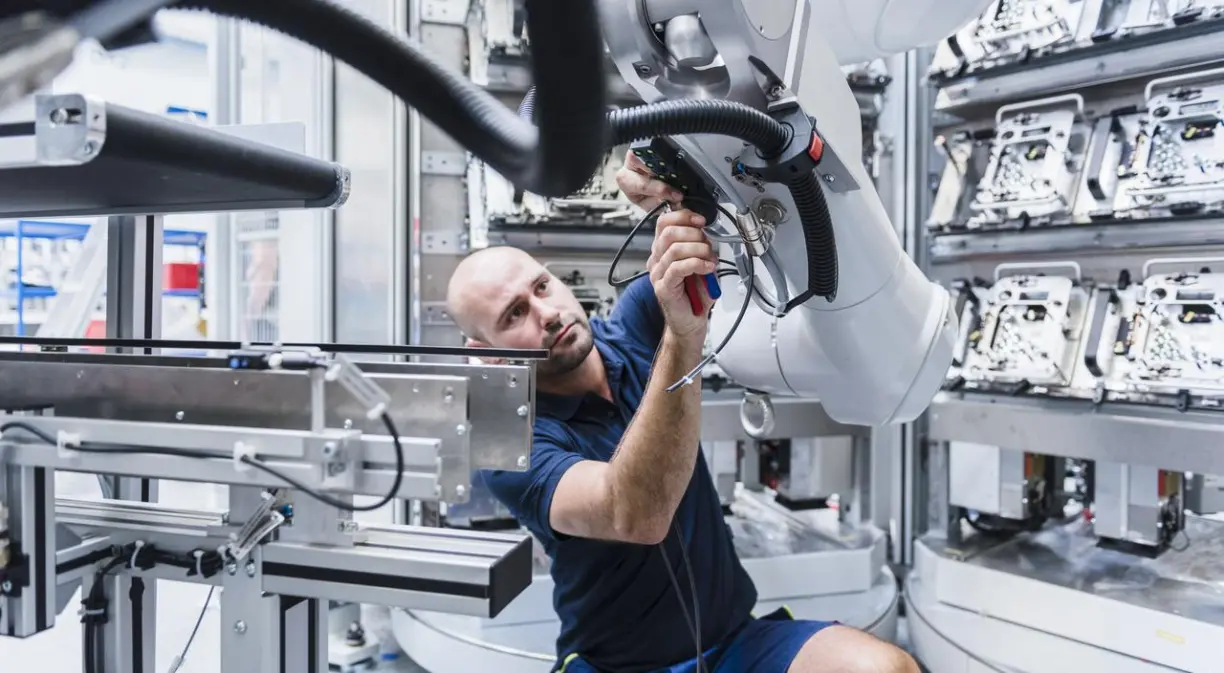 Historical Context: Automation Through the Ages
Historical Context: Automation Through the Ages
Automation has been a transformative force in the labor market for centuries, beginning with the Industrial Revolution in the late 18th century. The introduction of mechanized textile manufacturing was one of the first instances where machines started to replace human labor on a large scale. This period saw the rise of factories and mass production, significantly altering the employment landscape and giving rise to new job categories while rendering some traditional roles obsolete. Will Robots Take My Job in 2024? An In-Depth Analysis.
As we moved into the 20th century, the advent of assembly line production methods, popularized by Henry Ford, further revolutionized the manufacturing sector. These lines allowed for greater efficiency and productivity but also led to a significant reduction in the need for skilled artisanal labor. The impact of automation on jobs was evident, yet it also created new opportunities in machine operation, maintenance, and supervision.
The latter half of the 20th century witnessed the digital revolution, introducing computers and software that automated not just physical tasks but also clerical and administrative functions. Technologies such as ATMs, word processors, and enterprise software systems began to replace roles that involved repetitive and routine tasks. This shift marked a transition from mechanical to digital automation, affecting various sectors including banking, retail, and office administration.
Entering the 21st century, advancements in artificial intelligence (AI) and robotics have taken automation to new heights. Present-day smart technologies and sophisticated algorithms are capable of performing complex tasks that were previously thought to be uniquely human, such as data analysis, decision-making, and even creative processes. The question “Will robots take my job in 2024?” becomes increasingly pertinent as we see these technologies being integrated across industries like healthcare, finance, and customer service. Will Robots Take My Job in 2024? An In-Depth Analysis.
Overall, the historical trajectory of automation shows a pattern of disrupting existing job markets while simultaneously creating new opportunities. Although certain jobs have been lost to machines, new roles have consistently emerged, requiring workers to adapt and acquire new skills. Understanding this historical context is crucial as we navigate the future of work in an era of rapid technological advancements.
Current State of Automation in 2024
Will Robots Take My Job in 2024? An In-Depth Analysis. As we navigate through 2024, the landscape of automation continues to evolve rapidly, driven by advancements in robotics, artificial intelligence (AI), and machine learning. These technologies are becoming increasingly sophisticated, enabling more complex tasks to be automated across a wide range of industries. The question on everyone’s mind—will robots take my job in 2024—reflects the growing impact of these innovations on the job market.
In manufacturing, advanced robotics have revolutionized production lines, enhancing efficiency and precision. Collaborative robots, or cobots, work alongside human workers, taking on repetitive and hazardous tasks, thereby boosting productivity and safety. According to recent studies, the integration of robotics in manufacturing has led to a 15% increase in output and a significant reduction in workplace injuries.
Will Robots Take My Job in 2024? An In-Depth Analysis. In the service sector, AI-driven chatbots and virtual assistants are transforming customer service experiences. These automated systems handle routine inquiries, allowing human agents to focus on more complex issues. A survey conducted in early 2024 found that 70% of businesses using AI in customer service have reported improved customer satisfaction and reduced operational costs.
Healthcare is another field experiencing significant change due to automation. AI algorithms are now assisting in diagnostics, treatment planning, and even surgical procedures. Machine learning models can analyze vast amounts of medical data to identify patterns and predict patient outcomes with high accuracy. As a result, hospitals have reported a 20% increase in diagnostic accuracy and a substantial reduction in treatment times.
In logistics and supply chain management, autonomous vehicles and drones are streamlining operations. Companies are utilizing these technologies to optimize delivery routes, reduce transportation costs, and improve delivery times. The adoption of autonomous delivery systems is expected to grow by 25% by the end of 2024, as businesses strive to meet the increasing demand for faster and more reliable deliveries.
Will Robots Take My Job in 2024? An In-Depth Analysis. The current state of automation in 2024 highlights the transformative potential of robotics, AI, and machine learning across various sectors. While the question “will robots take my job in 2024” remains pertinent, it is clear that automation is reshaping industries, creating new opportunities, and challenging traditional job roles.
 Current State of Automation in 2024
Current State of Automation in 2024
The rapid advancement of technology raises pertinent questions about job security across various sectors. As we look toward 2024, the prospect of automation replacing human roles becomes increasingly tangible. Industries such as manufacturing, retail, customer service, and transportation are particularly susceptible to this transformation.
In the manufacturing sector, automation has already revolutionized production lines, with robots taking over repetitive and physically demanding tasks. This trend is expected to accelerate, driven by the demand for higher efficiency and lower production costs. Experts predict that roles involving routine assembly and quality control may be the most vulnerable. However, there is a concurrent rise in the need for skilled technicians who can operate and maintain advanced machinery, suggesting a shift rather than a complete eradication of jobs.
Retail is another sector facing significant changes. Self-checkout systems and automated inventory management are just the beginning. The integration of artificial intelligence in customer service and sales forecasting is set to redefine the retail landscape. While cashier and stock clerk positions are at risk, new opportunities may emerge in areas like data analysis and e-commerce strategy, demanding a different skill set from the workforce.
Customer service roles are also experiencing a transformation. With chatbots and AI-driven support systems becoming more sophisticated, the need for human customer service representatives may decrease. However, this does not imply the extinction of these jobs. Instead, the focus might shift to more complex problem-solving and personalized customer interactions, tasks that automated systems are not yet capable of handling efficiently.
Transportation is perhaps one of the most discussed sectors in the automation debate. The advent of self-driving vehicles poses a significant threat to jobs such as truck driving and taxi services. While widespread adoption of autonomous vehicles is still a few years away, the industry is already preparing for this inevitability. Regulatory challenges and public acceptance are critical factors that will influence the pace at which these changes occur.
In conclusion, the question “will robots take my job in 2024?” is complex and multifaceted. While certain sectors are indeed at higher risk, it is crucial to recognize the potential for new job categories to emerge, driven by technological progress. Adaptability and continuous learning will be key for workers navigating this evolving landscape. Will Robots Take My Job in 2024? An In-Depth Analysis.
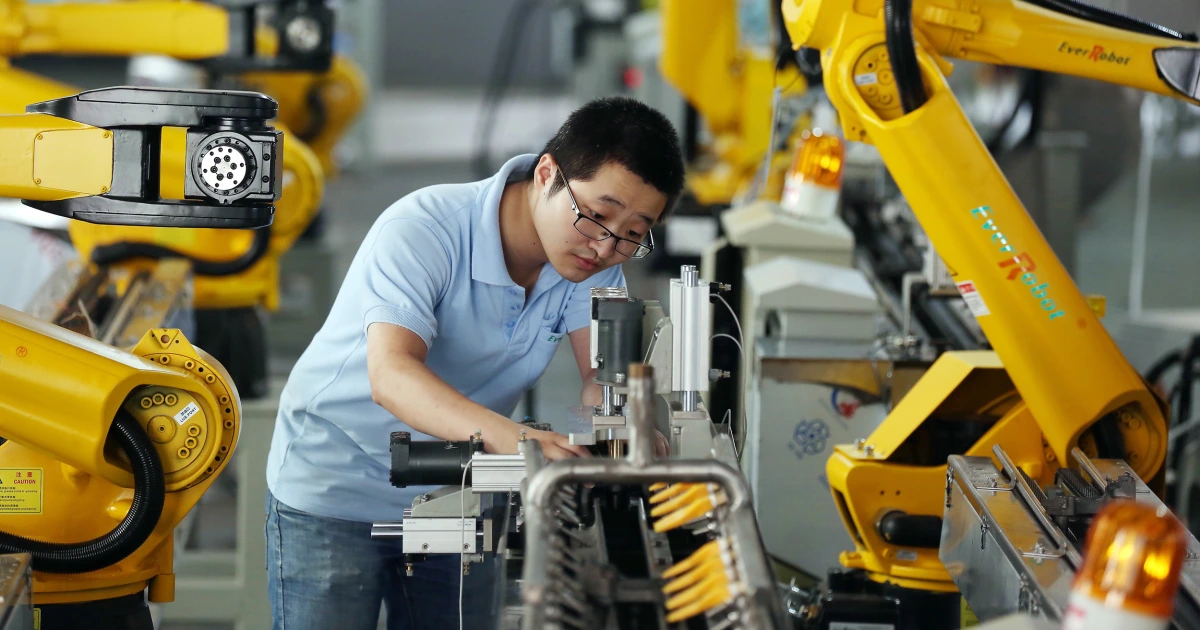 The Human Element: Jobs That Are Safe from Automation
The Human Element: Jobs That Are Safe from Automation
As the question “will robots take my job 2024” looms on the horizon, it is essential to recognize that not all jobs are equally threatened by the rise of automation. Certain professions remain resilient due to the inherently human skills they demand—skills that robots and AI are still far from mastering. These roles often require creativity, emotional intelligence, and complex problem-solving abilities, all of which are challenging to replicate through automation.
One primary example is in the realm of creative professions. Jobs such as graphic designers, writers, musicians, and artists rely heavily on human imagination and ingenuity. While AI can assist in generating ideas or performing repetitive tasks, the nuanced understanding of aesthetics and the ability to produce original and impactful work remains a uniquely human capability.
Another domain where humans excel over robots is in roles requiring high levels of emotional intelligence. Professions in healthcare, such as nurses, therapists, and caregivers, involve a deep understanding of human emotions and empathy, which are crucial for patient care and cannot be easily replicated by machines. Similarly, roles in education, such as teachers and mentors, rely on personal interactions, adaptability, and the ability to inspire and motivate students.
Complex problem-solving is another area where human intelligence surpasses automation. Jobs in management, strategy, and leadership require the ability to navigate ambiguous situations, make strategic decisions, and understand intricate human dynamics. These roles often involve a combination of analytical thinking, experience-based judgment, and interpersonal skills, making them difficult for robots to perform effectively.
Other professions that are less likely to be automated include those that involve intricate manual dexterity and craftsmanship, such as chefs, carpenters, and electricians. These roles require precision, adaptability, and a level of skill that robotics has yet to achieve.
In conclusion, while the concern “will robots take my job 2024” is valid, it is crucial to recognize that many jobs are safeguarded by the unique human traits they require. These professions highlight the irreplaceable value of human creativity, empathy, and complex problem-solving abilities in the workforce.
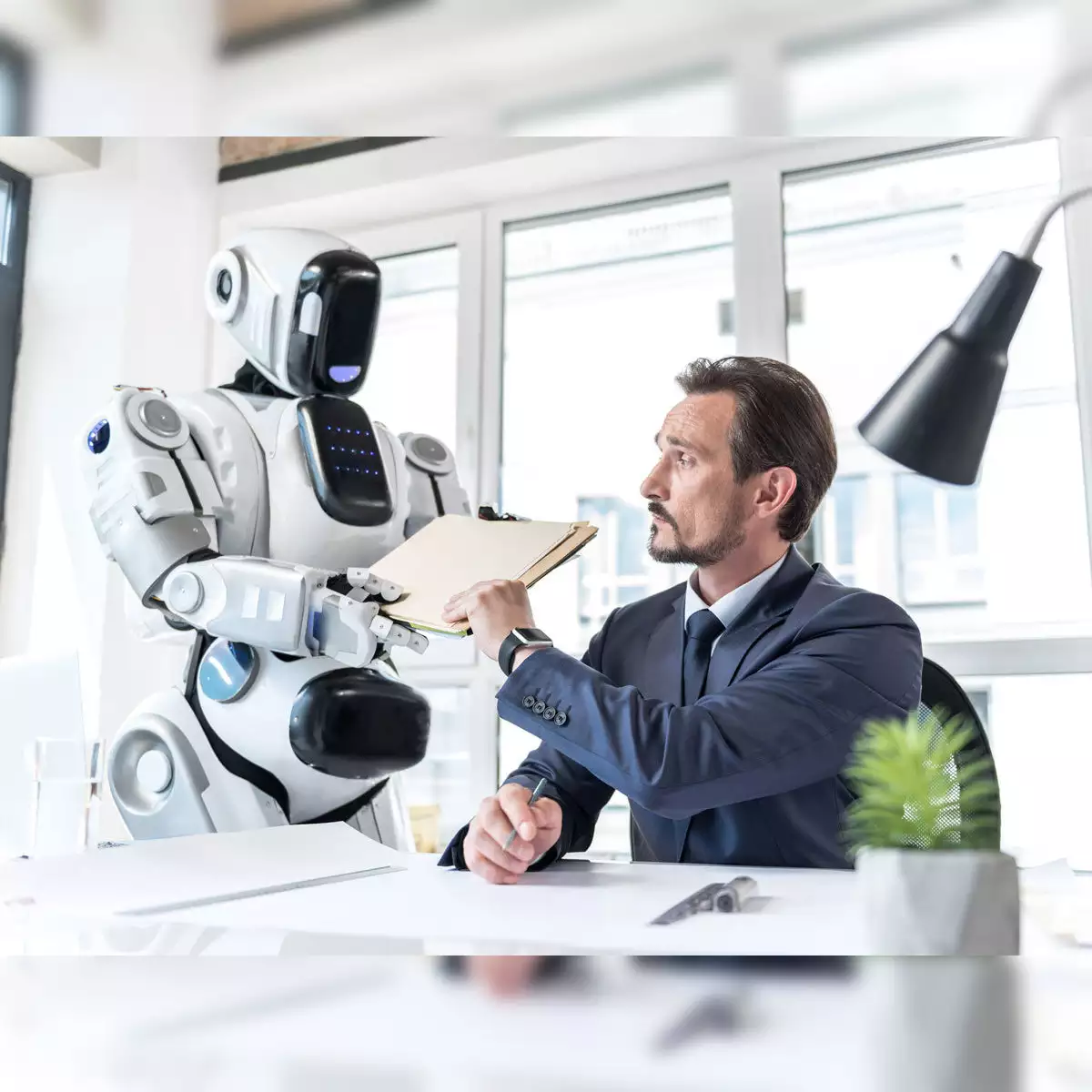 The Impact on Employment: Pros and Cons
The Impact on Employment: Pros and Cons
Will Robots Take My Job in 2024? An In-Depth Analysis. The advent of advanced robotics and automation technologies has sparked significant debates around the question: will robots take my job in 2024? The impact of automation on employment is multifaceted, encompassing both positive and negative dimensions. On the downside, automation can lead to job displacement, particularly in sectors such as manufacturing, retail, and certain service industries. The replacement of human labor with machines can result in increased unemployment, especially for low-skilled workers whose tasks are more easily automated.
Conversely, the rise of automation also ushers in new job opportunities. As robots and AI take over repetitive and mundane tasks, there is a growing demand for skilled workers who can develop, manage, and maintain these technologies. Jobs in software development, robotics engineering, data analysis, and cybersecurity are expected to flourish. Additionally, automation can lead to the creation of entirely new industries and services that were previously inconceivable, thereby generating employment in emerging fields.
Moreover, automation can enhance productivity and efficiency across various sectors. By streamlining processes and reducing human error, businesses can achieve higher output and better quality, driving economic growth. This increased efficiency can also translate into cost savings for companies, which may be reinvested into expanding their workforce or developing new products and services.
However, the transition towards a more automated workforce requires careful management to mitigate the adverse effects on employment. Policymakers and businesses must collaborate to ensure that workers are equipped with the necessary skills to thrive in an automated economy. This includes investing in education and training programs that focus on digital literacy, technical skills, and lifelong learning. Social safety nets and labor market policies also need to be strengthened to support those displaced by automation.
In conclusion, while the question of “will robots take my job in 2024” raises valid concerns about job displacement, it is essential to recognize the potential for new job creation and economic growth. A balanced approach, emphasizing both the opportunities and challenges of automation, is crucial for navigating the future of work.
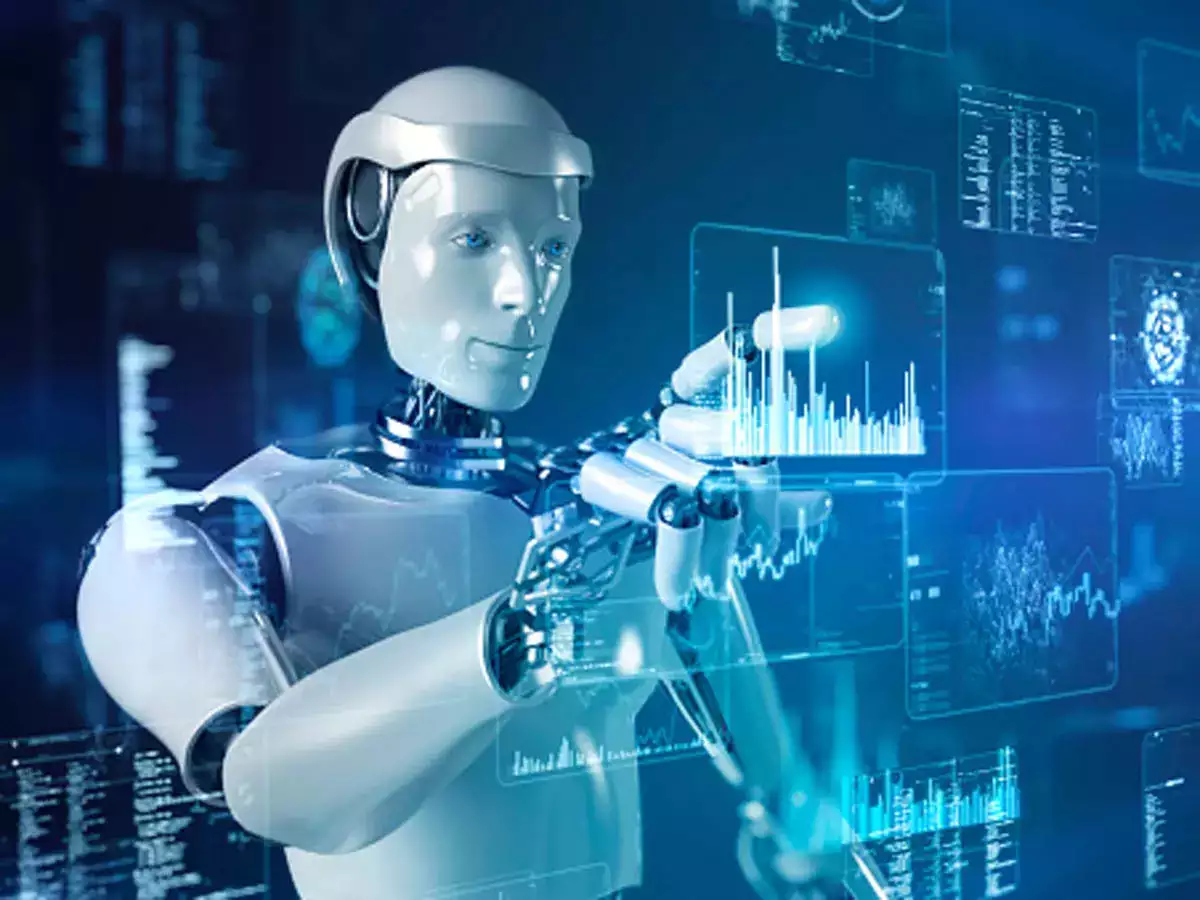 Adapting to the Future: Skills and Education
Adapting to the Future: Skills and Education
As automation continues to advance, the question on many minds is, “Will robots take my job in 2024?” While the future of work is undoubtedly shifting, individuals and institutions can take proactive steps to prepare for increased automation. One of the most critical actions is to focus on reskilling and upskilling. By acquiring new competencies and enhancing existing ones, workers can stay relevant in an evolving job market.
Educational institutions play a pivotal role in this transformation. Integrating curricula that emphasize technology, critical thinking, and problem-solving skills will be essential. Schools and universities must adapt by offering courses in areas such as artificial intelligence, data analysis, and cybersecurity. These subjects will equip the future workforce with the tools needed to navigate a landscape where automation and robotics are prevalent.
Will Robots Take My Job in 2024? An In-Depth Analysis. Moreover, lifelong learning is becoming increasingly important. Workers should seek continuous education opportunities, whether through formal degree programs, online courses, or industry certifications. Platforms like Coursera, edX, and LinkedIn Learning provide valuable resources for individuals looking to gain new skills without the need for traditional classroom settings.
In addition to technical skills, soft skills will remain indispensable. Abilities such as emotional intelligence, creativity, and complex problem-solving cannot be easily replicated by machines. Employers will continue to value these human-centric skills, making them essential for career longevity.
Practical advice for workers includes identifying emerging trends within their industries, seeking mentorship, and participating in professional development programs. Networking with peers and staying informed about technological advancements can also offer significant advantages.
Ultimately, the question of “Will robots take my job in 2024?” should prompt individuals and institutions to embrace change rather than fear it. By prioritizing skills development and education, the workforce can not only adapt but thrive in a future where automation plays a central role.
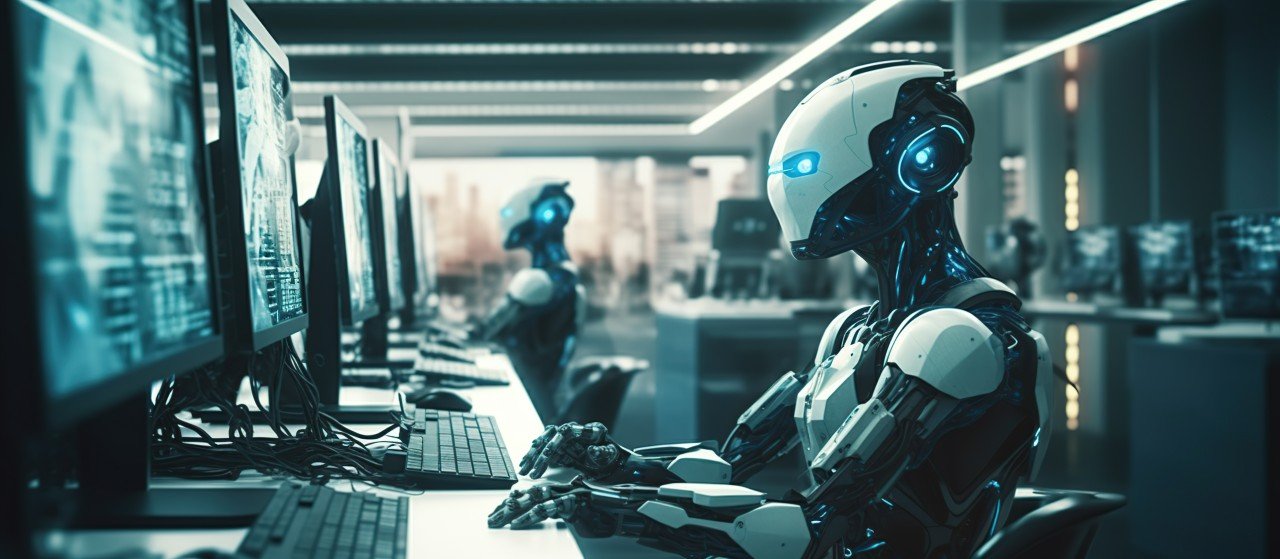 Conclusion: Navigating the Challenges and Opportunities
Conclusion: Navigating the Challenges and Opportunities
As we look towards 2024, the question, “Will robots take my job?” remains a pivotal concern for many. Throughout this analysis, we have explored various facets of automation and its potential impact on employment. While it is clear that technological advancements will continue to reshape industries, it is equally important to recognize the avenues for growth and innovation that they open.
Will Robots Take My Job in 2024? An In-Depth Analysis. Staying informed and adaptable is crucial in this rapidly evolving landscape. Workers must proactively seek opportunities for upskilling and reskilling to remain competitive. Educational institutions and employers also play a critical role in facilitating this transition by providing relevant training and development programs.
Moreover, the integration of robots and automation does not necessarily equate to widespread job loss. Instead, it often results in the transformation of existing roles and the creation of new ones. For instance, while certain repetitive tasks may be automated, there will be an increased demand for jobs in areas such as robot maintenance, programming, and artificial intelligence. These emerging roles will require a new set of skills, offering exciting prospects for those prepared to embrace change.
It is also essential to consider the broader societal implications of automation. Policymakers must address the potential for economic displacement and ensure that the benefits of technological advancements are equitably distributed. This could involve implementing measures such as social safety nets, job transition support, and incentives for continuous learning.
In conclusion, while the prospect of robots taking jobs in 2024 poses legitimate concerns, it also heralds a new era of opportunities. By staying informed, adaptable, and proactive, individuals and organizations can navigate these challenges and harness the potential for innovation and growth. Embracing change will not only secure employment but also contribute to a more dynamic and resilient economy.


